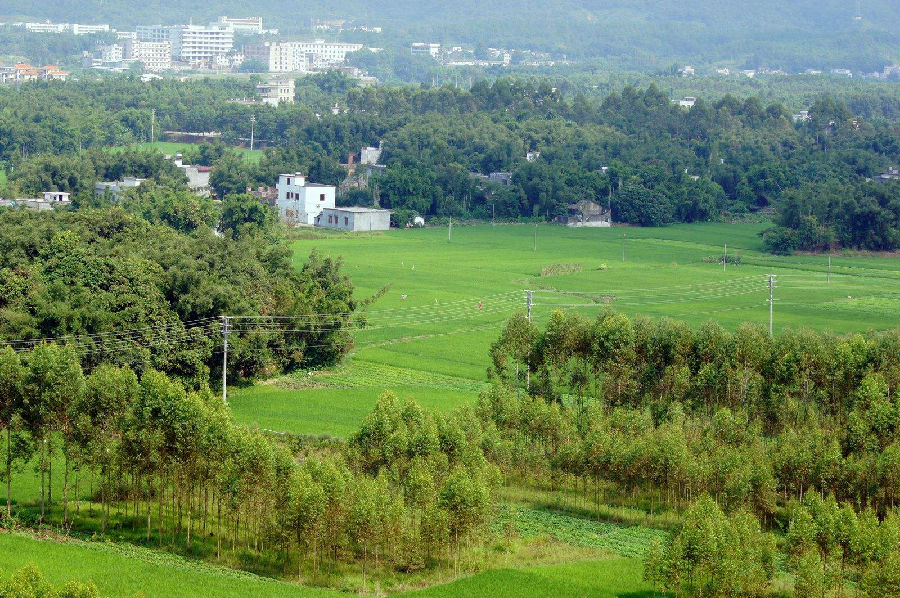And when I look at it, I said, well, this is an example of an acute change, a very acute change. Because what happens when we have a trauma,
当我想到它的时候,我对自己说,好吧,这是一个突发式变化的案例,非常突然的变化。因为实际上当我们有创伤之后
many people after the trauma are changed forever, for the rest of their lives if they have PTSD.
很多人的一生因为创伤后应激障碍而从此改变了
It actually has changed, changes the chemical that flow through our brain.
它实际上改变了我们大脑中的化学物质
It changes the structure of our brain, creates new neural pathways, kills a lot of old neural pathways as a result of a single experience.
它改变了我们大脑的结构,建立了新的神经通路,破坏了很多以前的神经通路,全都是因为一个单独的经历
It's a sledge hammer. It is very widespread unfortunately.
就像是大锤一挥。很不幸的是这是一个非常常见的疾病
I mentioned it last time. 30 percent of Vietnam vets have PTSD. 30 percent. 80 percent from the first Gulf War have PTSD.
我上次已经说过了,30%的越南战争老兵有创伤后应激障碍。30%之多,80%的第一次海湾战争老兵有创伤后应激障碍
As I mention we don't have the exact data yet from the second Gulf War.
我之前也提过,我们现在还没有关于第二次海湾战争的确切数据
But the numbers are likely gonna be higher than that.
但是相信人数只会更多不会更少

After 911 or before 911 right, there were 20,000 individuals with PTSD south of 110th street New York.
在911之前,在纽约110号大街以南,有两万人有创伤后应激障碍
Right after 911, 60,000 individuals with post-traumatic stress disorder.
911刚刚过去之后,有6万人有创伤后应激障碍
Now this has consequences. Again it has consequences on the way our brain functions, very often, not always, but very often for the rest of our lives.
这对人是有影响的。影响了我们的大脑功能,这种影响很多时候是终其一生的
So this is an acute change. It comes immediately one trauma, 911 or seeing something terrible in war.
这就是突发式的变化。伴随着创伤而来,比如911或者在战争中的恐怖经历
And then that often has an effect for the rest of, for the per... for the entire life.
从而影响了余生,影响了整个人生
It's a shock treatment, a negative shock treatment.
这是一种休克疗法,消极的休克疗法
Now when look at PTSD when I thought about it, I asked, OK, so what is positive psychology have to do with this.
当我想到创伤后应激障碍的时候,我问,OK,这和积极心理学有啥关系
I mean this is clinical psychology. This is ”negative psychology”. Well the answer is a lot.
这属于临床心理学的范畴,就是所谓的消极心理学,但是其实有很大关系



